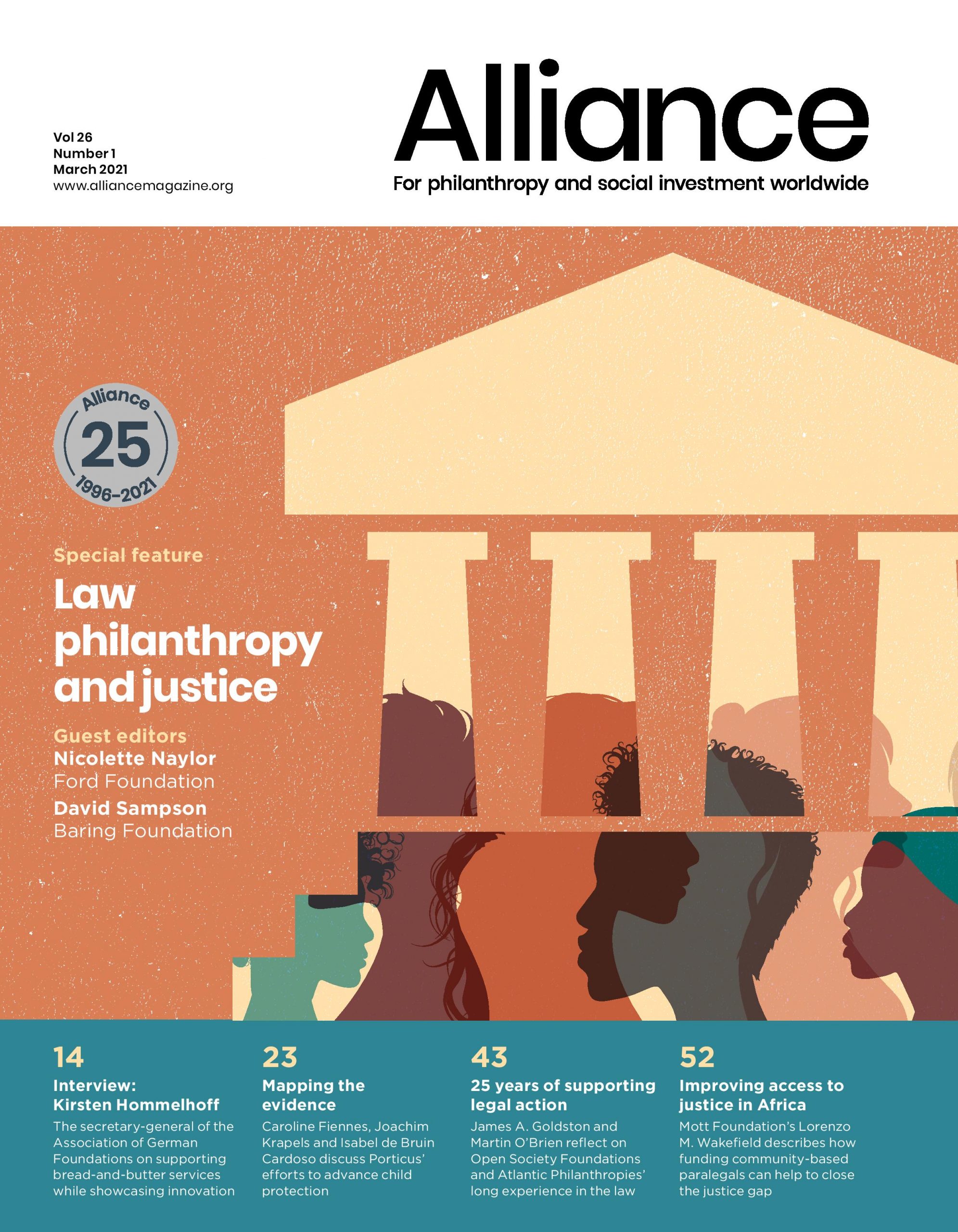 Aggrey Aluso and Julia Greenberg were absolutely right to point out the distorting effects of external funding on healthcare systems in Africa and elsewhere in the issue on global health philanthropy (Alliance, December 2020).
Aggrey Aluso and Julia Greenberg were absolutely right to point out the distorting effects of external funding on healthcare systems in Africa and elsewhere in the issue on global health philanthropy (Alliance, December 2020).
Healthcare in Zimbabwe has both benefited and been gravely affected by the impact of donor funding. A persistent budget deficit driven by insufficient fiscal discipline, coupled with chronic shortages of foreign currency has led to regular severe underfunding of the social sectors, education, health and welfare. The international concern over health and security accelerated by the HIV pandemic has encouraged donors to invest significant funding into the healthcare sector which at times has exceeded the budget allocation by the government, and enabled the government to abdicate from its international obligations as defined in the Alma Ata and Abuja Declarations.
In 2009, after a bitterly violent election and forced Government of National Unity (GNU), donor funding flowed even more bounteously into the Ministry of Health, relieving the government of its responsibilities and opportunity to practise socially responsible budgeting. Subsequent to the end of the GNU, the ministry has remained heavily dependent on donor funding. Many critical medical conditions which are less aligned with donor interests have limited access to healthcare including non-communicable diseases, cancers and surgical conditions. Donor funding creates income disparities in the health services and therefore friction, and the unfortunate and still ongoing silo approach to many aspects of public healthcare.
Dr Frances Lovemore
Director, Counselling Services Unit
Zimbabwe






Comments (0)